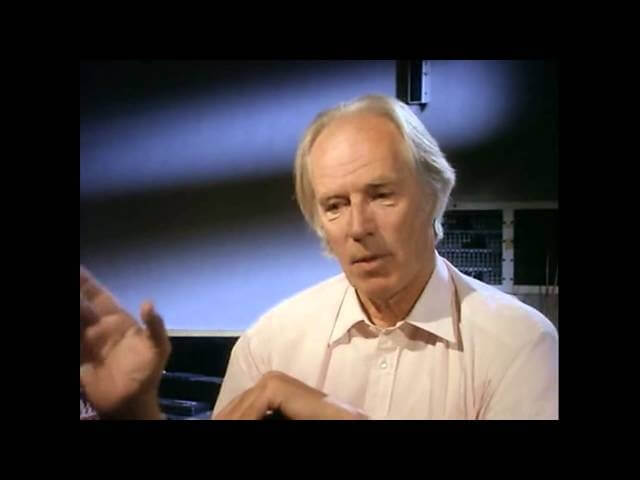R.I.P. George Martin, legendary Beatles producer

George Martin, the legendary Beatles producer, died March 8 from as yet unknown causes. Ringo Starr reportedly broke the news, which was later confirmed by the BBC. Martin was 90 years old.
Martin, who was born in Highbury, London in 1926, developed an interest in music at an early age, though he did not fully indulge that passion until after he’d spent some time in the Royal Navy. He studied for three years at the Guildhall School of Music and Drama; he joined EMI’s Parlophone label as an assistant not long after graduating. Martin took over Parlophone in 1955 and focused on producing classical and Baroque music, as well as regional music from Ireland and his native England.
By 1962, Martin had found success in producing comedy albums and cast recordings, including works by and featuring Dudley Moore, Charlie Drake, and Lance Percival. But he yearned to introduce rock ’n’ roll to Parlophone’s slate, even as he struggled to find a viable band to lead the charge. At a colleague’s behest, Martin met with Brian Epstein to listen to a recording of The Beatles, a band Epstein managed. Martin was initially more impressed by John Lennon and Paul McCartney’s vocals than anything else about the band, but he was eventually won over by their charisma and Epstein’s persistence.
Martin signed The Beatles and took them into the studio for their first EMI recording session on September 4, 1962. The re-recording they did of “Love Me Do” a week later reached number 17 on the British rock charts. Two months later, while recording a second original Beatles song, “Please Please Me,” Martin helped Lennon and McCartney rework the slow ballad into a faster, catchier pop tune. It was then that their longtime collaboration truly began, which yielded numerous hit records, including Meet The Beatles! and Revolver, and dozens of No. 1 songs.
In addition to helping to refine the Beatles’ sound, Martin provided the orchestral arrangements and instrumentation on some of their most memorable songs—it was the producer who suggested adding classical flourishes like strings to McCartney’s “Yesterday,” a piccolo trumpet to “Penny Lane,” and a piano to “Lovely Rita.” Martin also composed the strings-only accompaniment for 1966’s “Eleanor Rigby.”
Martin’s influence on and stewardship of the band was recognized by the Beatles years after their working relationship ended. John Lennon once said that “George Martin made us what we were in the studio. He helped us develop a language to talk to other musicians.” Upon learning of Martin’s death, Paul McCartney described his longtime producer as “the most generous, intelligent and musical person,” and said that “the world has lost a truly great man who left an indelible mark on my soul and the history of British music.”
Martin’s producing career continued long after his collaboration with the Beatles ended; he worked with artists like Cilla Black, Brian Wilson, Jeff Beck, Ultravox, Cheap Trick, and Celine Dion, to name just a few. And Martin continued composing, contributing arrangements to songs by Dire Straits and Elton John; he also produced the latter’s “Candle In The Wind 1997,” which went on to sell 37 million copies. The veteran producer scored multiple films as well, including Pulp, starring Michael Caine and Mickey Rooney, and the Peter Sellers film The Optimists Of Nine Elms. Martin even produced the themes for two James Bond films: Shirley Bassey’s “Goldfinger” and “Live And Let Die” by Paul McCartney & Wings.
Martin’s decades-long career saw him inducted into the Rock And Roll Hall Of Fame, nominated for an Oscar (for Best Score for Hard Day’s Night), and awarded six Grammys. He is survived by his wife Judy and his four children.